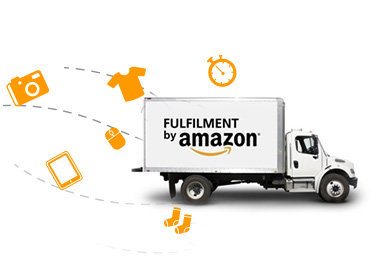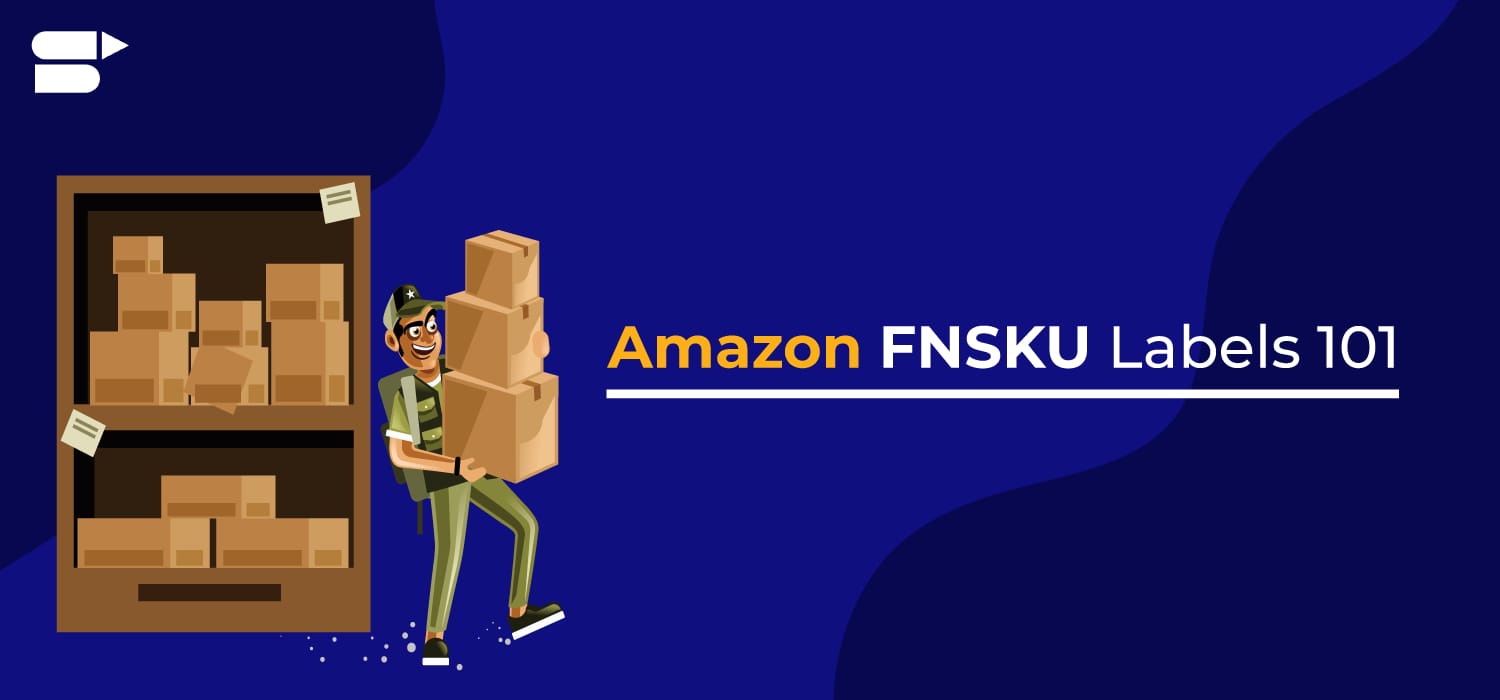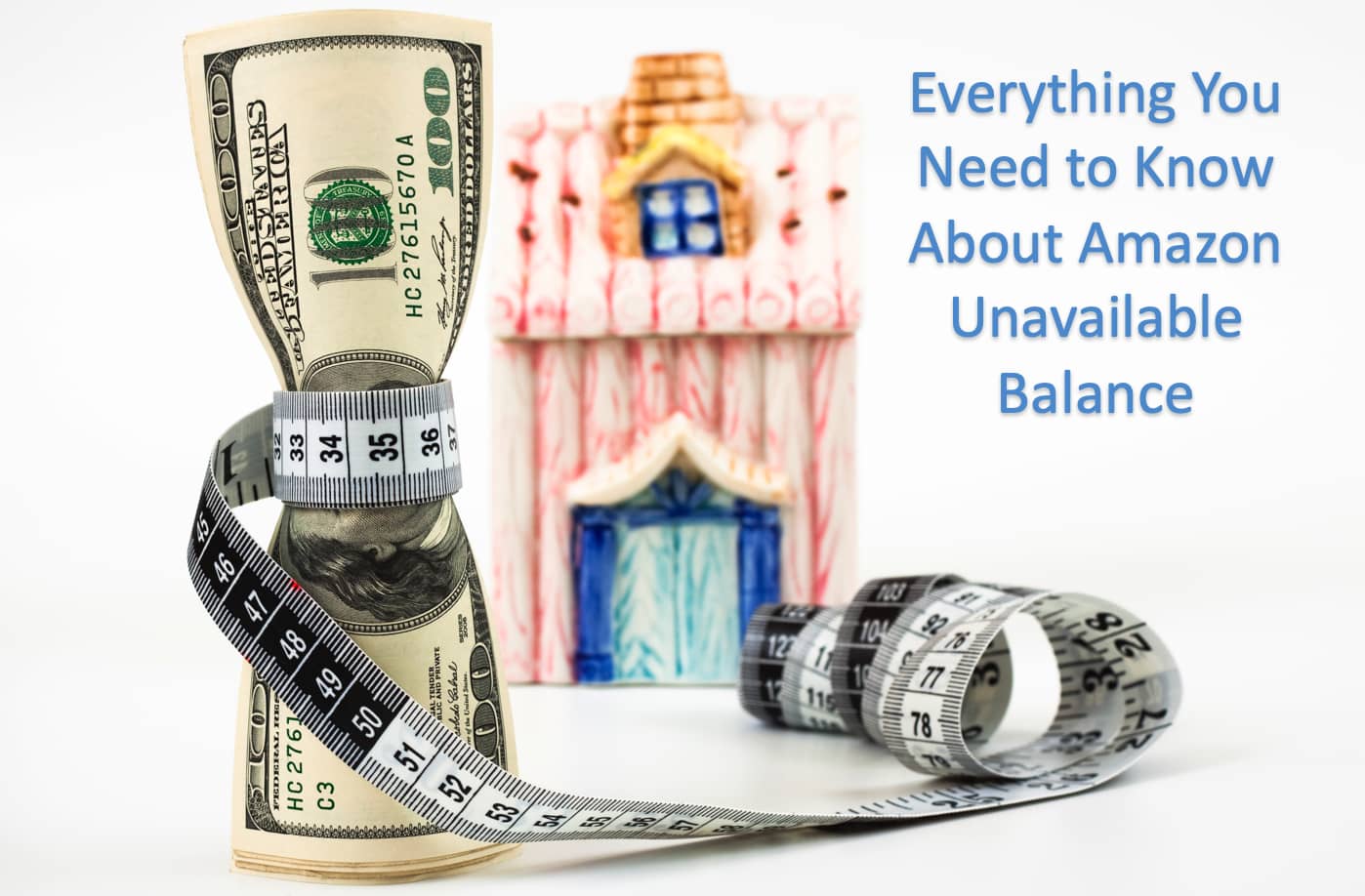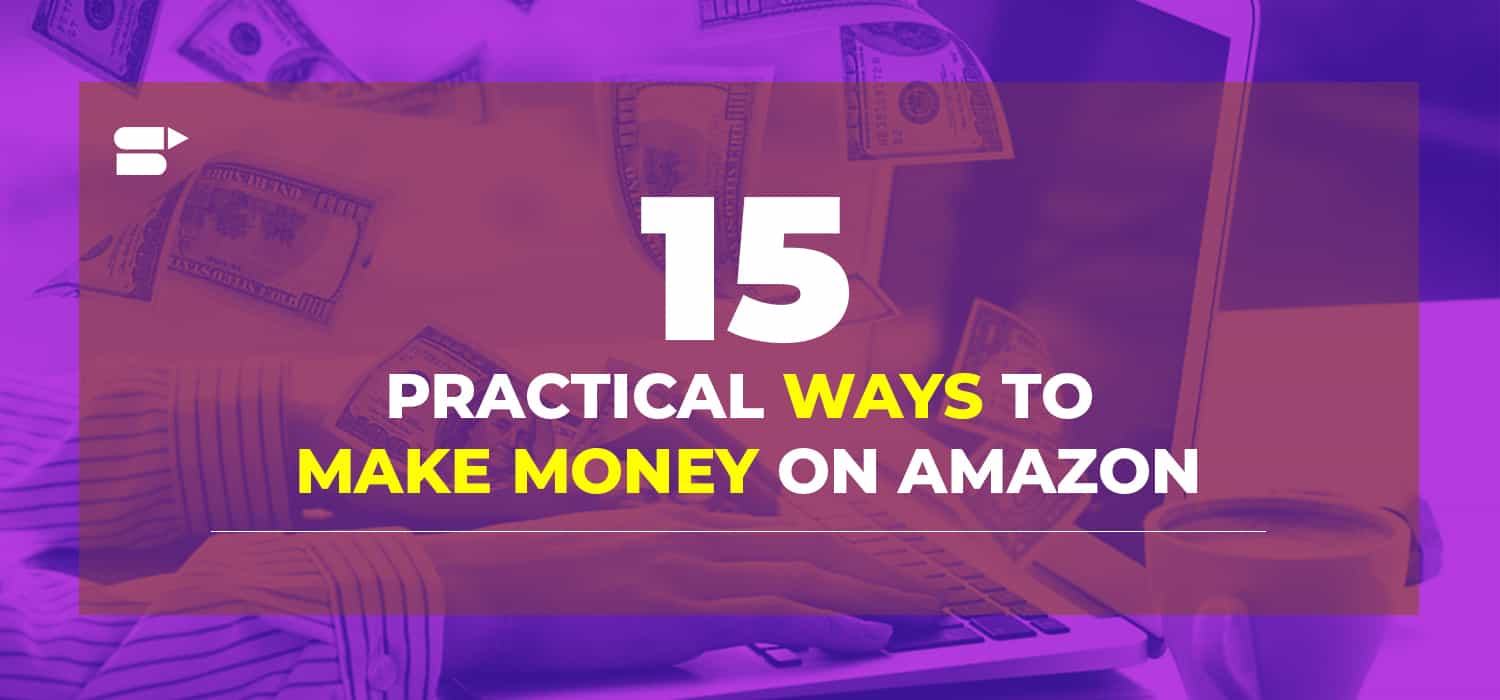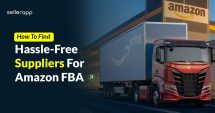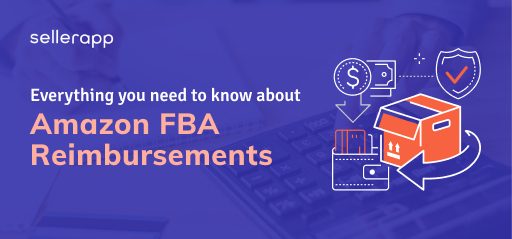Frequently Asked Questions – Amazon FBA Prep
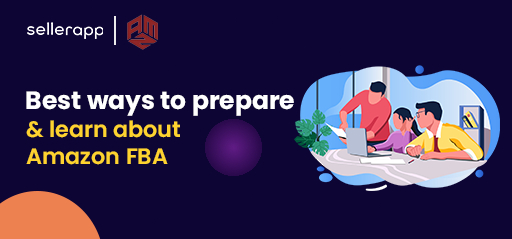
In short, Amazon FBA is the company’s incredible logistics network. It allows sellers to send their products directly to an Amazon warehouse to be stored, prepped, packaged, and shipped to their buyers on the online platform.
Imagine what you could do with the time that you will save after you have to stop worrying about fulfillment? Nobody wants to get bogged down in the day-to-day requirements of fulfillment. As a business owner, your time is better invested in developing your product and building your brand.
FBA gives the responsibility of fulfillment to Amazon, giving you time back so you can focus on what matters most.
Which product types are the most challenging to prepare for FBA?
Close your eyes and try to envision what it looks like at an FBA center. What do you see? Constant motion, dozens of people, and most importantly, deadlines and KPIs.
Items that are fragile, heavy/oversized, hazardous, or are grocery goods with expiration dates, require special attention from you and your team.
When you are packing your products, think about safety, efficiency, and consistency, and always abide by Amazon’s recommended guidelines.
How important is it to comply with packaging requirements?
When it comes to being able to utilize FBA effectively, your packaging can be a make or break variable. If you fail to comply with Amazon’s packaging requirements, the penalties can be harsh.
It may result in the refusal, disposal, or return of your inventory, and in severe cases, failure to comply can even lead to the suspension of your selling privileges and fines. Issues like these can jeopardize your future of selling on Amazon.
Can I use a non-partnered carrier for FBA inbound shipments?
In most cases, it is possible to use a non-partner carrier to send products to FBA locations. Amazon Discounted is almost always cheaper.
In Canada, non-partnered carriers can only be used to ship parcels to FBA centers. If you are shipping to the USA to an FBA center, you cannot use a non-partner carrier service.
In the USA, you can ship both parcels and LTL via Amazon Discounted.
What about those “some cases?” Certain oversized items and hazardous items cannot be sent through Amazon discounted. If you partner with a 3PL, there is often strategic pricing available that you can access to get your products to the right place.
What is a UPC?
Every product on Amazon requires a UPC generated that is purchased from a location like GS1. The only exception is if you are GTIN exempt, which you can read a bit more about here.
Thinking about trying to buy a cheap, recycled UPC? Don’t. It is against Amazon’s terms of service and may result in them believing that you sell fraudulent products, resulting in an account suspension.
To learn more about Amazon UPC click here.
What is an ASIN?
The ASIN (Amazon Standard Identification Number) is a 10-digit alphanumeric code assigned by Amazon that you won’t get until the product is listed and ready to go.
Once you create your listing, Amazon will assign it with a unique ASIN, which is how they track specific versions of products listed on their site.
Obtaining an ASIN is a critical part of your selling journey on Amazon – you can read more about it here.
What is an FNSKU?
The most important term you haven’t heard of. Unique to Amazon, The Fulfillment Network Stock Keeping Unit (FNSKU) is used to track products and connect them to a seller.
The FNSKU number is used by all Amazon fulfillment centers to identify your products. Only products that are fulfilled by FBA will have an FNSKU.
To sum it up neatly, the FNSKU is what Amazon uses to track your products in their system.
Is it better for my barcode to be a UPC or an FNSKU?
Ultimately, the choice is yours. Amazon will recognize both, but the FNSKU is unique to Amazon.
The FNSKU may be the safer (and simpler) bet, as it is easier to match your barcodes to your ASIN.
Can my manufacturer do my FBA labeling for me?
If you clearly state your requirements to your manufacturer, and they have the capability to label products while abiding by Amazon’s guidelines, yes, they can.
However, most manufacturers do not understand the correct policies around shipping to Amazon, which can put your account at risk of suspension. It can also result in chargebacks and a weakening of your overall account health.
We recommend having a middleman in the form of a 3PL to vet your products and ensure that they abide by key weight and dimensional requirements that are necessary when shipping to Amazon.
Can my 3PL do my labeling for me?
Choosing the right 3PL to work with is an important choice. Partnering with a reputable, intelligent organization can help your business succeed on Amazon.
A 3PL (sometimes known as Amazon Prep Centers) can correctly label and store your products. In some cases, a seller will provide pre-labeled packages to be sent to Amazon, known in the industry as “carton forwarding” or “case forwarding.”
They are familiar with the business and specialize in shipping to Amazon, mitigating any issues or delays that you may encounter with a manufacturer.
What factors should I consider when seeking FBA Prep Services?
Look for a prep service with genuine knowledge of Amazon logistics. You want a team that is detail-oriented, experienced, and responsive.
If they have a great online presence with publicly available resources to help sellers that are concise and correct, they are likely a great candidate.
A small misstep can cost hundreds, if not, thousands of dollars, and connecting with the right FBA prep service is critical for your success as a seller.
How do I bundle products?
Bundling is an incredible way to create new products and stand out on Amazon, but it can be a challenging feat to achieve.
A challenge you say? There are lots to consider: everything from having the perfect thickness of your polybags to suffocation labels, all the way to heat sealing your products – and more.
Don’t feel like you have the necessary expertise? Prep Centers can be a great way to bundle products together, as they have the knowledge and experience that is necessary to successfully bundle your goods.
They are typically more knowledgeable than a traditional 3PL when it comes to the kiting and assembly of products to send to Amazon.
Learn more about Amazon product bundling here.
Does bundling require a new UPC / ASIN / FNSKU?
In short, yes. Bundling will require a new UPC / ASIN / FNSKU. There are quite a few policies that govern the bundling of products.
Bundled products must consist of multiple items that can each be identified by a unique ASIN/UPC that are sold together as a single offering.
You can read more about the policies around bundling here.
Why would my shipments be rejected by Amazon?
There are a few critical reasons why your shipments could be rejected by Amazon, but it is incredibly rare if you run your seller business correctly or use a prep center/3PL.
The most common reasons for rejection include:
- If you mislabel your items
- If you are overweight on dimensions or actual weights (especially when the box weighs more than 50 lbs)
- If your pallet is over 60” in height, is non-standard, is overhanging, or comes with the incorrect documentation
- If you don’t use an approved shipping carrier, or if your product is delivered to an FBA center from overseas and the duties are not yet paid
What happens after a shipment is rejected by Amazon?
Once a shipment is rejected by Amazon, it will either be returned to you or in some cases, disposed of.
Make no mistake, having a shipment returned to you, especially when it comes to a palletized LTL shipment, can be an incredibly expensive error, as return freight is expensive.
It is important to ensure that your shipments are sent with detail and care. Always include the correct documentation and respect Amazon’s policies and procedures for packing and shipping products.
How can I improve my inventory limits?
The growth of e-commerce has been explosive, resulting in Amazon imposing inventory storage limits for sellers within the FBA network.
In a nutshell, the best way to avoid inventory limits is to improve your IPI score, and by having products that fly off the shelf.
Partnering with a 3PL or an Amazon prep center is another great way to improve your inventory limits.
What affects my IPI score?
Amazon’s IPI score helps to determine a seller’s ability to manage their inventory. It is rated on a scale of 0 (very bad) to 1000 (incredible), and it is updated every week. As of January 2022, a good IPI score starts at 450.
There are four key factors when it comes to improving your IPI score: increasing sales, reducing excess inventory, and ensuring that all of your inventory is suitable for sale.
Is SPD (Small Parcel Delivery) or LTL (Less than Truckload) the better shipping option?
SPD is generally done by carriers like Canada Post, Canpar, UPS, and FedEx, whereas LTL requires specialized resources and a larger scale.
Choosing SPD or LTL will completely depend on the level of inventory that you are shipping to Amazon, along with your overall strategy.
If you are sending a few cartons of product at a time, it would be wiser to utilize SPD.
If you are starting to ship more than 10 to 20 cartons, you may want to start considering LTL. Other benefits of using LTL are that it is better suited for glass products and heavy, oversized items.
Consider that this type of shipping will require a loading dock for both pickups and drop off, or you can incur extra charges upon delivery.
What happens if UPS or any other Amazon Partnered Carrier loses my packages?
No carrier is perfect, and loss and damage do happen.
If it does, immediately submit a claim with Amazon to request a reimbursement. You will need your Amazon shipment ID, proof of inventory ownership, and proof of delivery.
It can be very difficult to get your money back if you encounter this situation. 3PLs and Prep Centers rarely lose products, and in the long run, will save you time, money, and energy when it comes to claims and product loss.
Recommended read: Amazon Partnered Carrier Program vs. Non-Amazon Partnered Carriers
Should I consider using FBM? Why?
Amazon FBM, or “Fulfilled by Merchant,” has some key benefits and drawbacks. When you choose FBM, you can continually sell regardless of inventory limits. In general, it tends to be cheaper to fulfill larger items through FBM than it is via FBA.
Another key benefit? Diversification. During the peak season, UPS alone handled 21 million packages per day. Amazon is not immune to the pressure of peak, and FBM allows you to diversify to keep your products available to your customers at all times.
You can find a full FBM Canada guide here.
Additional Read:
Master Inbound and Outbound Logistics to Gain a Competitive Edge



